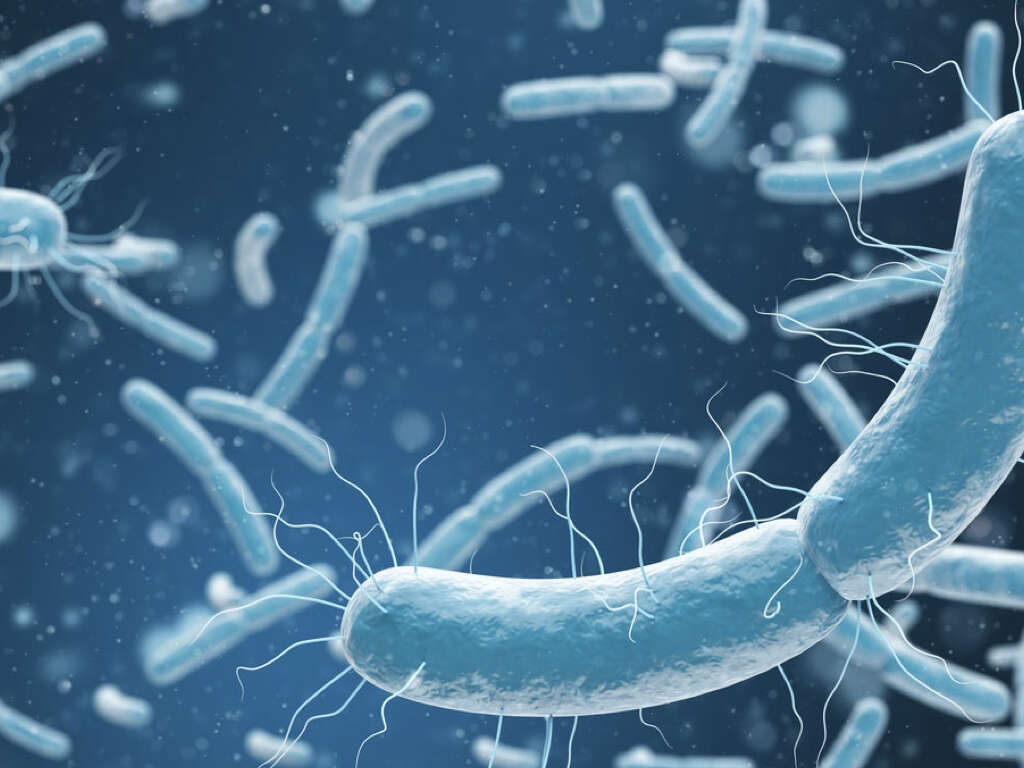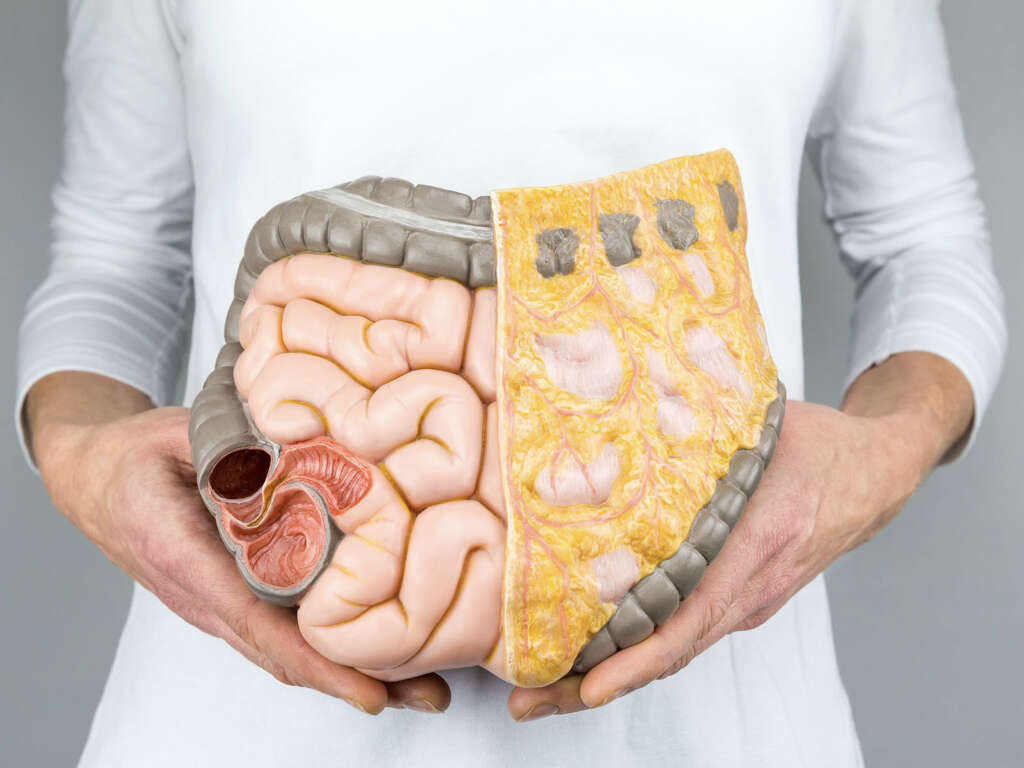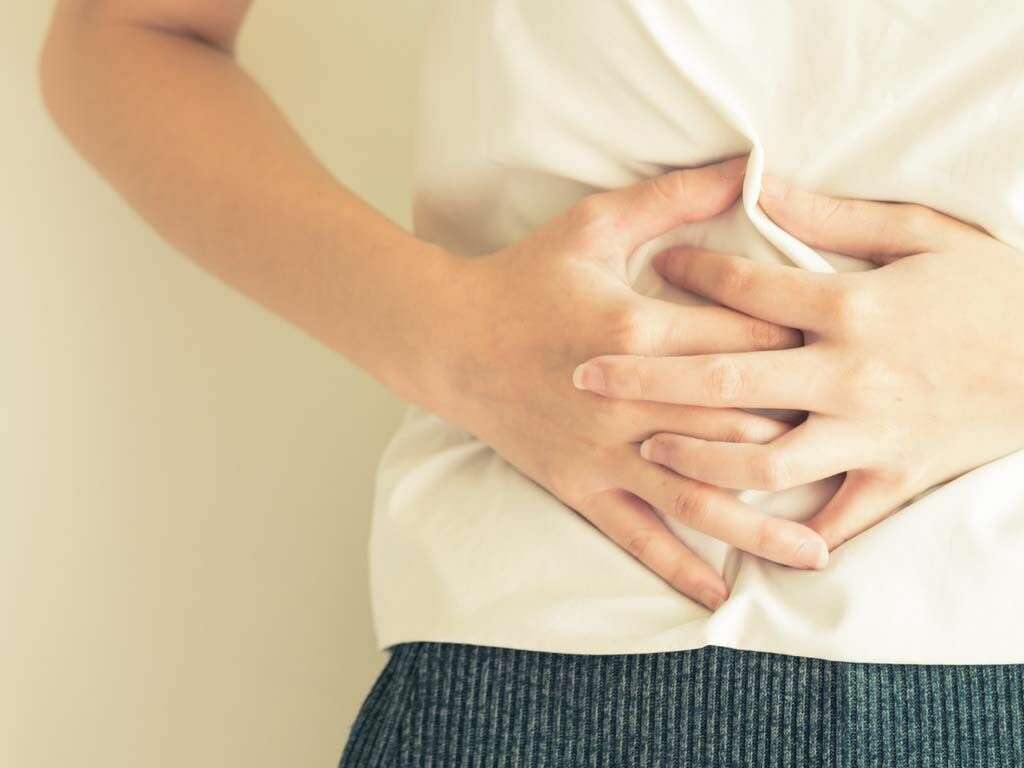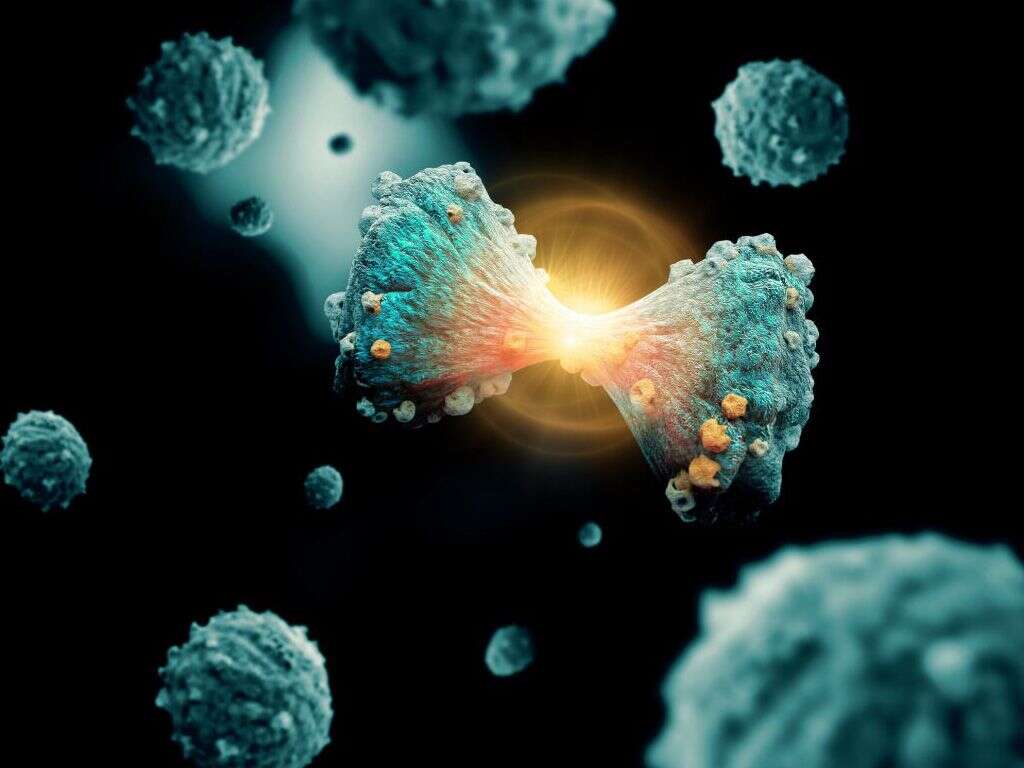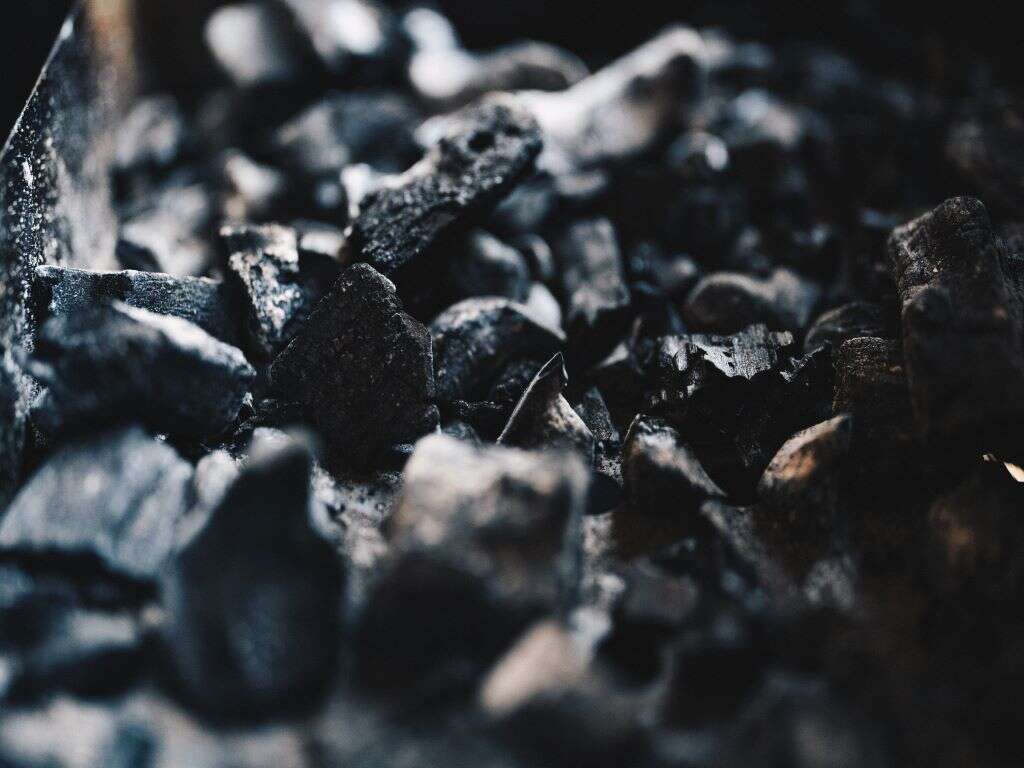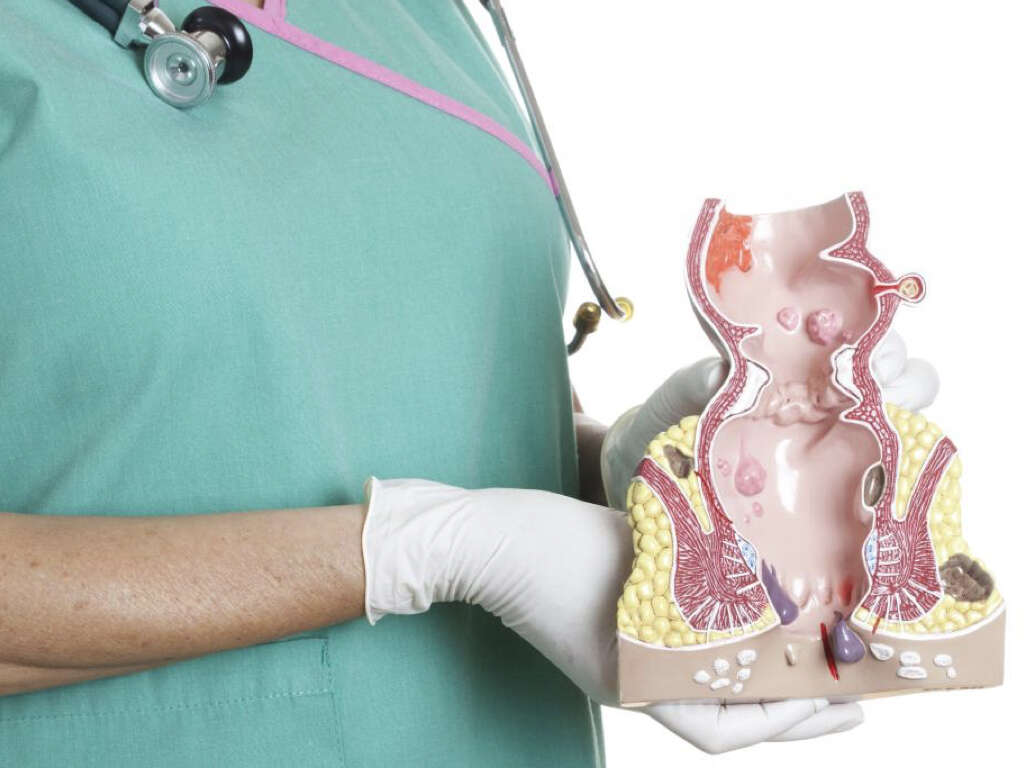What Is Yellow Diarrhea?
Normal human stool is excreted in a variety of colors, most of which can be perfectly normal. Several different factors affect the color of a person’s stool, but sometimes color can indicate a health problem. If you are experiencing yellow diarrhea, especially if it is persistent, an analysis with a physician may be necessary.
There are several different causes of yellow diarrhea and not all of them are a cause for concern. When specific symptoms accompany this change, it may indicate that something more serious is occurring.
1. Why Is Stool Color Important?
You can learn a lot about the state of your health by paying attention to stool color and consistency. A normal, healthy person has a range of stool colors that usually come in shades of brown that can be light or dark. Food and medicine can alter the shades with tints of green, black or other colors.
Stool that is light yellow-brown or mostly yellow can indicate a problem with the levels of bile in the digestive tract. This happens from time to time with most individuals, especially during or after a stomach virus or after eating something that does not digest well. Consistently yellow or very pale stool may be a cause for concern.
2. What Causes Yellow Diarrhea?
Yellow diarrhea can be caused by specific underlying conditions and is not just a description of the stool that has been excreted. The underlying problem may be an acute affliction, such as a bacterial infection or virus, or something that is long-term, such as liver or gallbladder disease.
When someone is experiencing an acute case of yellow diarrhea it usually goes away within a few days. Any time yellow stool lasts longer than 48 hours it could potentially be caused by something that leads to long-term issues. Very pale stool is also concerning.
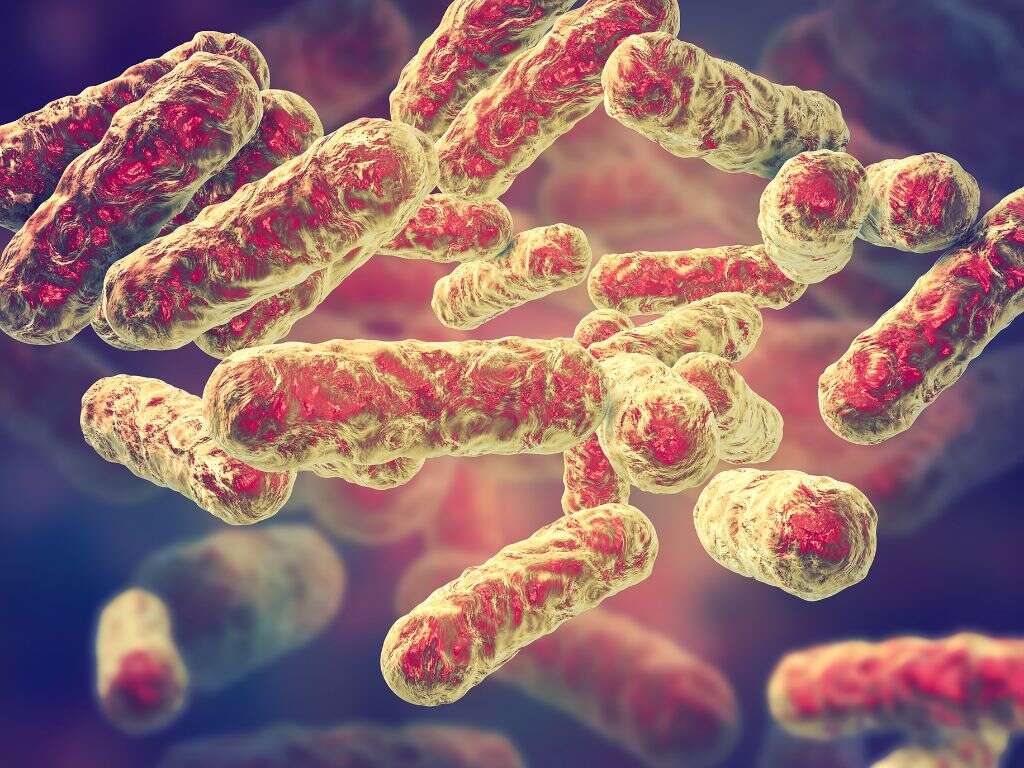
3. Isn’t It Normal for Babies To Have Yellow Stool?
Since yellow diarrhea can be an indicator of a problem with body systems, some people grow concerned when they see infants with yellow stool. There is a difference between the normal yellow stool of an infant and a case of yellow diarrhea. Breastfed babies, in particular, are known for having loose, yellow stools.
As long as the yellow stool is not accompanied by other symptoms such as dehydration, irritability or lethargy it is not a cause for concern. If the infant is experiencing diarrhea, whether yellow or not, accompanied by mottled or very pale skin or cold extremities, a physician should be contacted immediately.
4. What Symptoms Accompany Yellow Diarrhea?
In addition to the obvious symptoms, which include loose, runny stool that is yellow or light yellow-brown, you may experience additional symptoms that are concerning. Foul-smelling stool accompanied by stomach cramps and nausea could indicate an acute infection caused by bacteria or a virus.
Yellow diarrhea accompanied by nausea, bloating, depression, skin rash and fatigue can indicate a chronic inflammatory condition, such as celiac disease. Excessive upper abdominal or back pain that occurs at the same time as yellow diarrhea could mean you are having trouble with your liver or gallbladder.
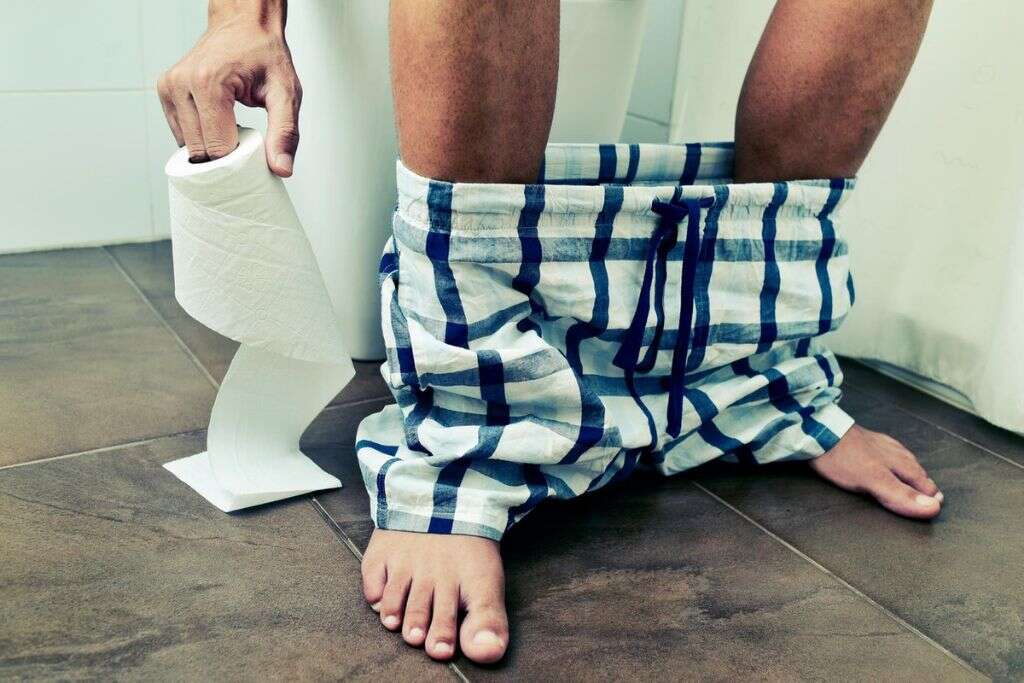
5. What Causes Yellow Diarrhea?
Yellow diarrhea can be caused by a number of body system disruptions, and some are more concerning than others. Some temporary causes of yellow diarrhea are foods that irritate the digestive tract or an acute infection, such as giardiasis. Eating a diet with a large number of carrots or sweet potatoes can cause stool discoloration that is not dangerous and can be corrected by reducing those foods.
Chronic causes of yellow diarrhea are more difficult to treat. Gallbladder disease and liver disorders can cause levels of bile to be disrupted. Problems with the pancreas, such as pancreatic cancer and pancreatitis, can cause yellow stool due to undigested fats in the digestive tract. Other chronic diseases, such as celiac disease, cause inflammation in the digestive system and can lead to loose, yellow stool.
6. When Should You Call the Doctor?
Yellow stool that lasts for only a day or two is not normally concerning. A stomach virus or extreme stress can lead to a temporary difference in the color and consistency of the stool. If yellow, loose stools persist for more than 48 hours or if the stool is extremely pale, it is a good idea to contact a physician.
Additionally, if you are experiencing other concerning symptoms with yellow diarrhea, a full diagnosis should be pursued. Nausea, pain, cramping, dehydration, weight loss, foul smell, excessive gas, joint and muscle pain, exhaustion and rashes are all symptoms that are concerning if they accompany yellow diarrhea.

7. How Is Yellow Diarrhea Diagnosed?
A physician needs to address the underlying cause of the condition instead of only treating diarrhea itself. This can be done through a physical examination to look for pain and a review of medical history, including medications the patient has recently taken. The doctor may also ask questions about the patient’s habits, from alcohol consumption to his or her typical diet.
Tests that look for blood chemistry outliers and enzyme levels can also assist the physician in making a diagnosis. Additionally, imaging scans may be necessary, including abdominal ultrasounds or endoscopy, CT or MRI procedures. A biopsy could also be taken to look for abnormal cells in the liver, pancreas or digestive tract.
8. What Is the Treatment Plan?
Treatment for yellow diarrhea depends on the diagnosis of an underlying condition. Bacterial infections may be treated with antibiotics while viral conditions may have to run their course. For viruses, anti-diarrheal medication may be given to relieve symptoms.
Long-term conditions must be treated to resolve symptoms. Strict dietary changes are sometimes made, along with increased fluid intake and probiotics to regulate the bacteria in the digestive system. If gallbladder disease is causing the problem, it can be removed.

9. How Can This Condition Be Prevented?
Changes in the diet that exclude inflammatory floods can reduce flare-ups of celiac disease or irritable bowel syndrome that lead to yellow diarrhea. Reducing stress can prevent digestive symptoms related to stress.
Many diseases that cause yellow diarrhea are difficult to prevent, although a reduction in alcohol consumption can help keep the liver healthy. Healthy eating practices and maintaining a healthy weight can also keep the digestive system in good shape.
10. Can Yellow Diarrhea Be Cured?
The ability to cure yellow diarrhea depends on the reason it occurred in the first place. Acute issues usually either self-resolve or are treated with antibiotics or other medications.
Treatment for long-term issues may involve surgery or other more invasive methods. Some diseases, such as IBS or celiac disease, may not be curable but can go into long-term remission with treatment.



